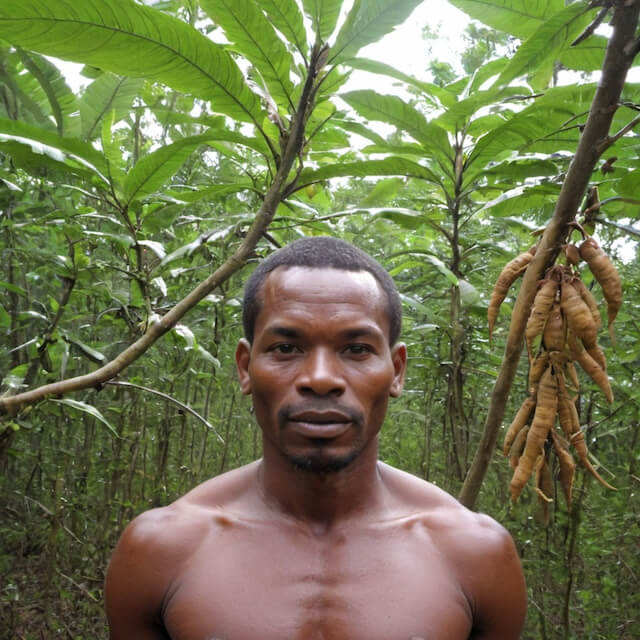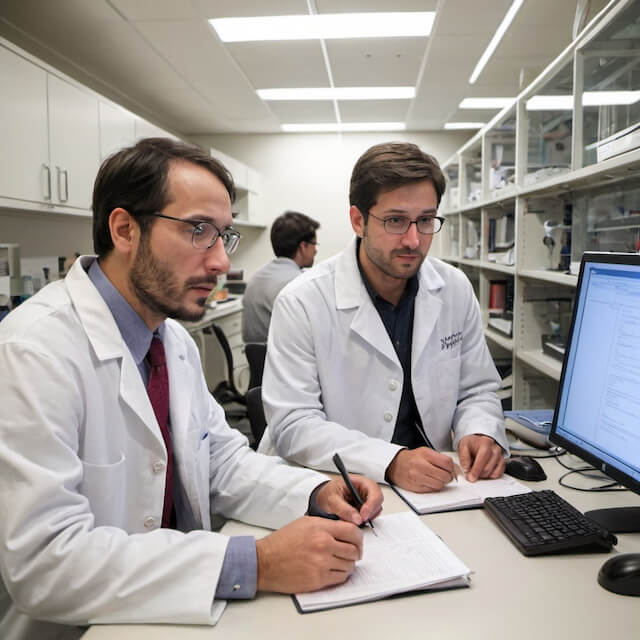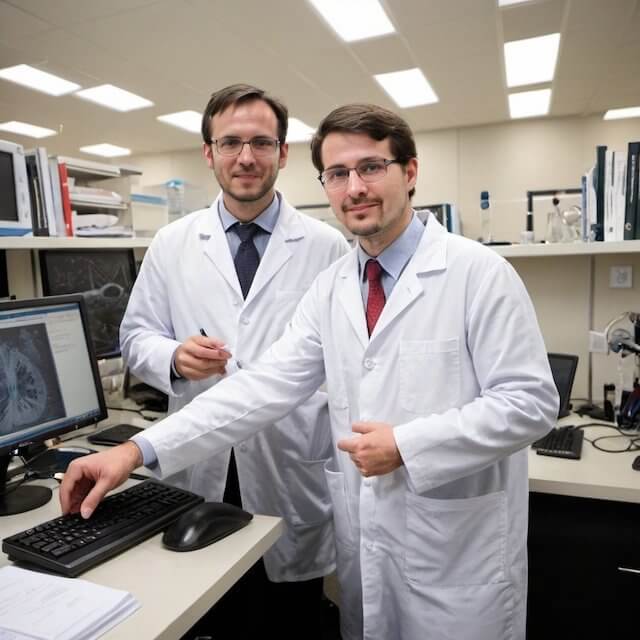In the United States, the renewed interest in ibogaine has largely been driven by a growing number of Americans seeking treatment abroad and returning with stories of overcoming addiction after a single meeting. The fact that many of them are military veterans has helped to facilitate some of the longstanding institutional resistance to hallucinogenic medications. Since last year, a state commission in Kentucky, led by the state’s attorney general, Russell Coleman, a conservative, has been considering whether to spend $42 million of $800 million in opioid settlement assets on ibogaine research.

A representative for Mr. Coleman declined to comment on the initiative. In Ohio, Bryan Hubbard, a policy expert working with the state’s finance office and the REID Foundation on a similar initiative, noted that Ohio’s excess death rate was 85% higher than the national average. “Ohio is well-positioned to be a global leader in developing ibogaine’s potential to treat opioid use disorder and other deaths of depression that are killing thousands of Americans,” he said. On the edges of downtown Louisville, where authorities are grappling with a flood of overdose deaths, there is a strong demand for ibogaine treatment, even though legally endorsed treatment is years away. “We have to try something, because we’re desperate,” Henry Lucas, the executive director of the Kentucky Drug Reduction Alliance, who is in long-term recovery from opioid addiction, said one recent morning as he headed to a mobile health unit in West Louisville. When he arrived, about six people had already started gathering for the protein bars, fentanyl test strips, and comfortable clothing that are distributed for free.

Ibogaine, an imposing psychedelic drug derived from the root bark of a bush native to central Africa, is not for the faint of heart. It releases a terrifying hallucinogenic trip that can last over 24 hours and can cause sudden heart failure and death. However, researchers who have studied ibogaine have revealed surprising findings. According to various small studies, between a third and 66% of people who were dependent on opioids or stimulants and were treated with the compound in a medical setting were effectively relieved of their addictions, often after a single meeting. Ibogaine seems to provide two apparently distinct benefits: it controls the despair of opioid withdrawal and desires and then gives patients a renewed sense of purpose in sobriety. Now, after years in the shadows and with opioid overdose deaths surpassing 100,000 per year, ibogaine is attracting a flood of new interest from researchers who believe it could potentially treat opioid use disorder. “It’s not an exaggeration to say that ibogaine saved my life, allowed me to set things right with people I hurt, and helped me learn to love myself again,” said Jessica Blackburn, 37, who is in recovery from heroin addiction and has been clean for years. “My biggest disappointment is that more people don’t have access to it.”

That’s because ibogaine is illegal in the U.S. Patients need to travel to other countries for ibogaine treatment, often at unregulated facilities that provide minimal clinical oversight. Kentucky and Ohio are considering proposing to spend millions of dollars of opioid settlement funds on clinical trials for ibogaine treatment. Federal drug scientists have also signalled a willingness to allow the drug to be studied again, over 40 years after regulators reassessed research due to concerns about the drug’s cardiovascular risks. The drug company Atai Life Sciences is spending millions to study the compound, and lawmakers from both parties have been pushing the government to advance ibogaine research for substance abuse, post-traumatic stress disorder, and other mental health issues. For Dr. Deborah Mash, a neuroscience professor at the University of Miami who began studying ibogaine in the mid-1990s, the growing interest is a testament to her belief that the drug could help improve the opioid crisis. “Ibogaine is definitely not a silver bullet, and it won’t work for everyone, but it’s the most powerful addiction interrupter I’ve ever seen,” she said.

Researchers have also been studying ibogaine’s potential to treat other difficult mental health issues, such as traumatic brain injuries and post-traumatic stress disorder. A small study published recently in the journal Nature Medicine found that military veterans with severe brain injuries who underwent a single ibogaine treatment meeting experienced significant improvements in disability, mental symptoms, and cognitive function. No adverse effects were reported among the 30 participants, who were followed for a month. There was no control group. Dr. Nolan Williams, the study’s lead author, said the results were particularly impressive given the lack of effective treatments for traumatic brain injuries.
“These are the most dramatic medication effects I’ve ever seen in an observational study,” said Dr. Williams, who is the director of the Brain Imaging and Behaviour Lab at Stanford University. He and other researchers rush to acknowledge the limitations of existing science on ibogaine treatment. “Without FDA approval to lead studies, you can’t do the type of randomised clinical trials that are the highest level of evidence,” Dr. Williams said. Ibogaine is known to cause arrhythmia, or an irregular heartbeat, which, in severe cases, can lead to deadly heart failure. Other scientists are more sceptical of its true potential as a widely available anti-addiction treatment. William Stoops, a professor of psychology at the University of Kentucky who specialises in substance use issues, said ibogaine’s cardiovascular risks made it an unsuitable option for regulatory consideration.

Even if ibogaine were to receive FDA approval, the compromised health of many long-term opioid users, many of whom have cardiovascular issues, would make them ineligible for treatment, Dr. Stoops said. And the significant cost of providing ibogaine in a medically regulated setting would also limit the pool of potential patients, he added. “Access would be restricted to the point that the number of people who could benefit?” he asked. The National Institute on Drug Abuse, part of the National Institutes of Health, has already begun funding studies (not clinical trials involving people) on ibogaine analogues, chemically related compounds that could provide therapeutic benefits without the health risks.
The agency’s director, Dr. Nora Volkow, said she has been interested in ibogaine’s anti-addiction potential and cautious about its heart risks. In any case, existing medications for opioid use disorder, such as methadone and buprenorphine, are flawed, she noted, and a significant portion of all patients quit taking them after a few months. “As well as existing effective treatments, there is a need for new treatment options that are not the business as usual approach.

